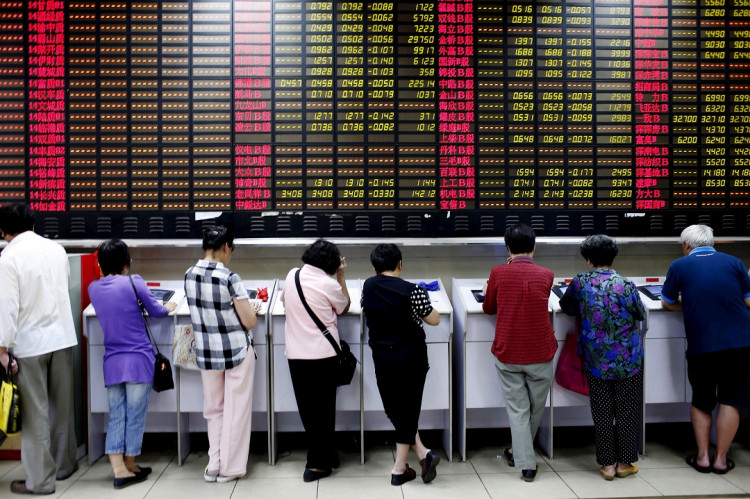China's Shanghai Composite managed to end the year with a bang, managing to hit its highest gain since 2014. The index surged by more than 22 percent on Tuesday, the last trading day for 2019, the index's highest gain since the index rose by 53 percent five years ago.
The last day surge made the Shanghai Composite the best performing major Asian stock for 2019. Bolster its gain were a number of high performing tech stocks, led by Chinese firm Will Semiconductor Shanghai. The best performing stock on the Index managed to increase by a whopping 400 percent over the last 12 months.
The performance of major Asian stock indexes came at a very unpredictable time for China as it continued to be bombarded by massive headwinds brought about by the country's ongoing trade dispute with the United States.
For the first quarter of 2019, major indexes managed to climb upwards as China took significant steps to boost its economic growth by further opening up its financial markets to global investors. In the following quarters, major indexes fell as the trade dispute between China and the United States escalated. The major index fell for two consecutive quarters before recovering in the final months of 2019.
Asian indexes were somewhat dragged down in the final quarter due to the civil unrest in Hong Kong. The city's Hang Seng Index dropped by 0.5 percent by the end of Tuesday trading. However, the index managed to at least gain a respectable 9 percent for the entire year. Among the best-performing stocks in the Hang Send Index was biotechnology firm Sino Biopharmaceutical, which managed to more than double its value over the last 12 months.
The performance of the major indexes was mirrored by the better-than-expected December performance of China's manufacturing PMI. According to date released by the government on Tuesday, China's PMI managed to remain stable at 50.2 points, the same value that was recorded in November. December's reading marked the second straight month of expansion for the index.
Meanwhile, China's non-manufacturing and services sector indexes dropped slightly but remained in expansion territory. Non-manufacturing PMI was pegged at 53.5 for December, slightly lower than the readings for the previous month. This indicated a slight slowdown in growth, but overall was better-than-expected.
The surges experienced during the final month of 2019 were mainly attributed to the increase in consumer spending, manufacturing activity, exports, and imports. The massive sales and spending during the holiday season, which saw record-breaking figures, further drove up the factors that contributed to the better-than-expected performance of Asian indexes.





